Debunking Skin Care Misconceptions
1. Myth: Acne is Exclusively a Teenage Condition
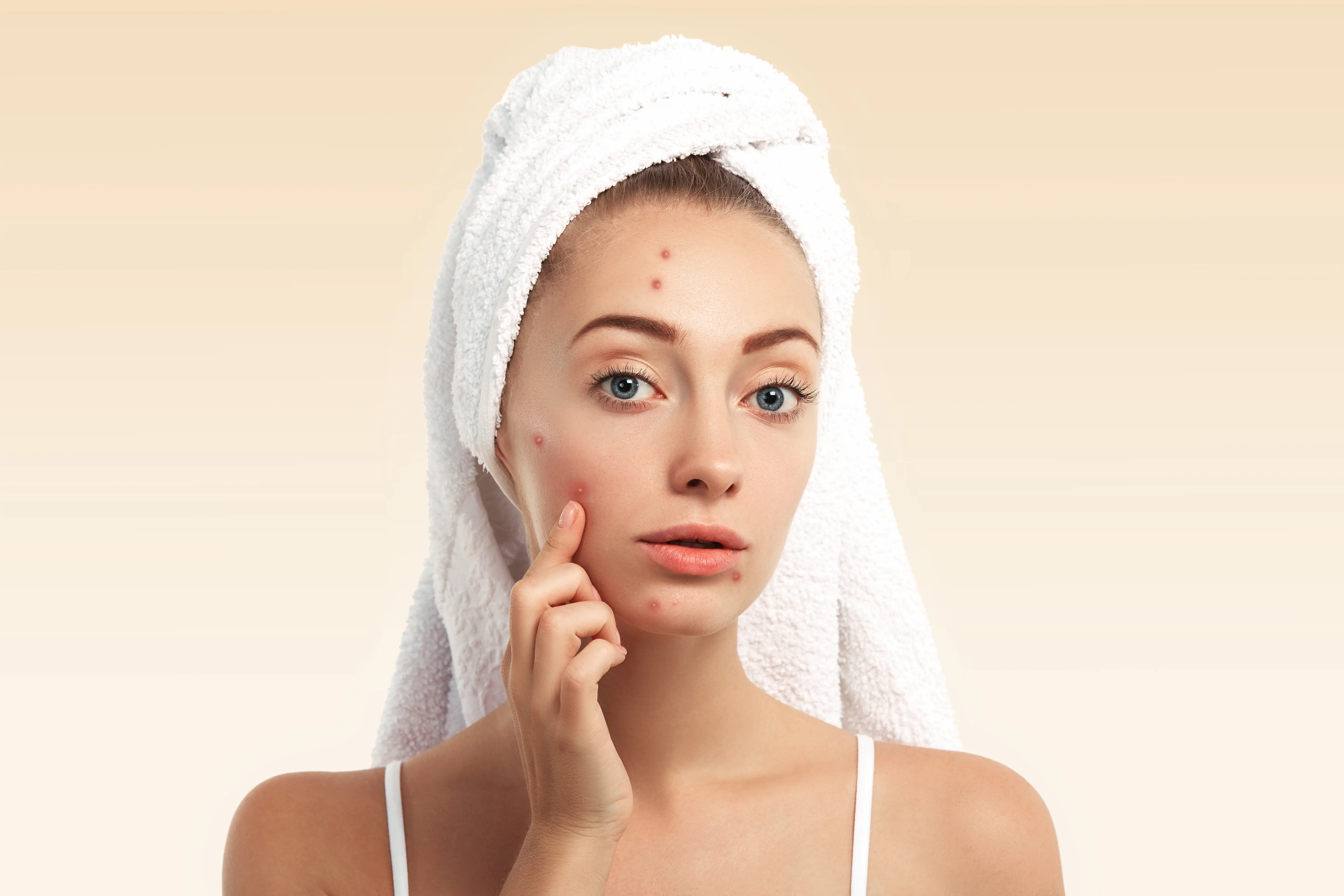
Fact: Well, there is no restriction on age for acne,
although it is widely associated with adolescence, most probably due to
hormonal changes. Adult acne is also increasing in frequency, and it affects
women in its 20s, in 30s, sometimes even in 40s. Acne can erupt at any age due
to stress, diet, changes in the hormonal levels, as well as skin-care
products. Recruitment in the standards of adult acne because it may vary in
meanings to adolescent acne in the doctor.
Mayo Clinic NIH – National Library of Medicine World Health Organization
Book an online session with HopeQure Start your first therapy session with
HopeQure. Explore our
therapist directory. Connect with certified psychologists now. Start your
online consultation now with HopeQure. IDF Diabetes Atlas World Health
Organization – Hypertension IASO India - Obesity Data AHA –
Heart Disease Facts WHO – Depression Global Initiative for Asthma
(GINA) Indian Thyroid Society Guidelines Indian Fertility Society –
PCOS Guidelines Indian Stroke Association National Cancer Grid of India
2. Myth: Sunscreen Only When the Sun is Out
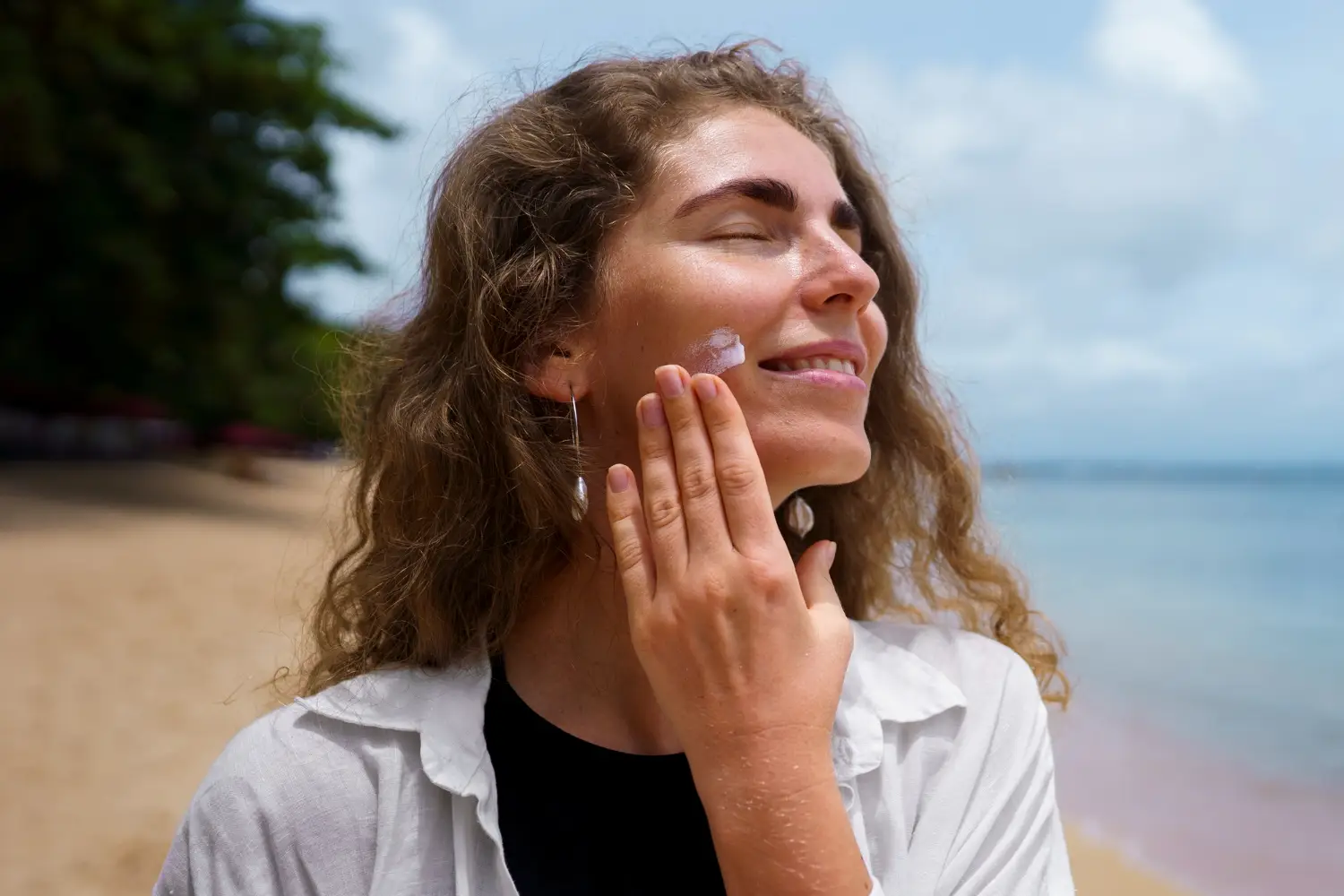
Fact: Sunscreen must be smeared onto the skin, dry or wet
regardless of the season. UV rays can still penetrate the skin in a cloudy sky
or during winter and cause skin-damaging effects which are usually very
long-lasting in nature like premature aging, sunburns, and a higher tendency
towards skin cancer. It s a daily thing for skin health. Broad-spectrum
sunscreen-on cloudy days is a must.
3. Myth: Botox is Just for Smoothening of Wrinkles
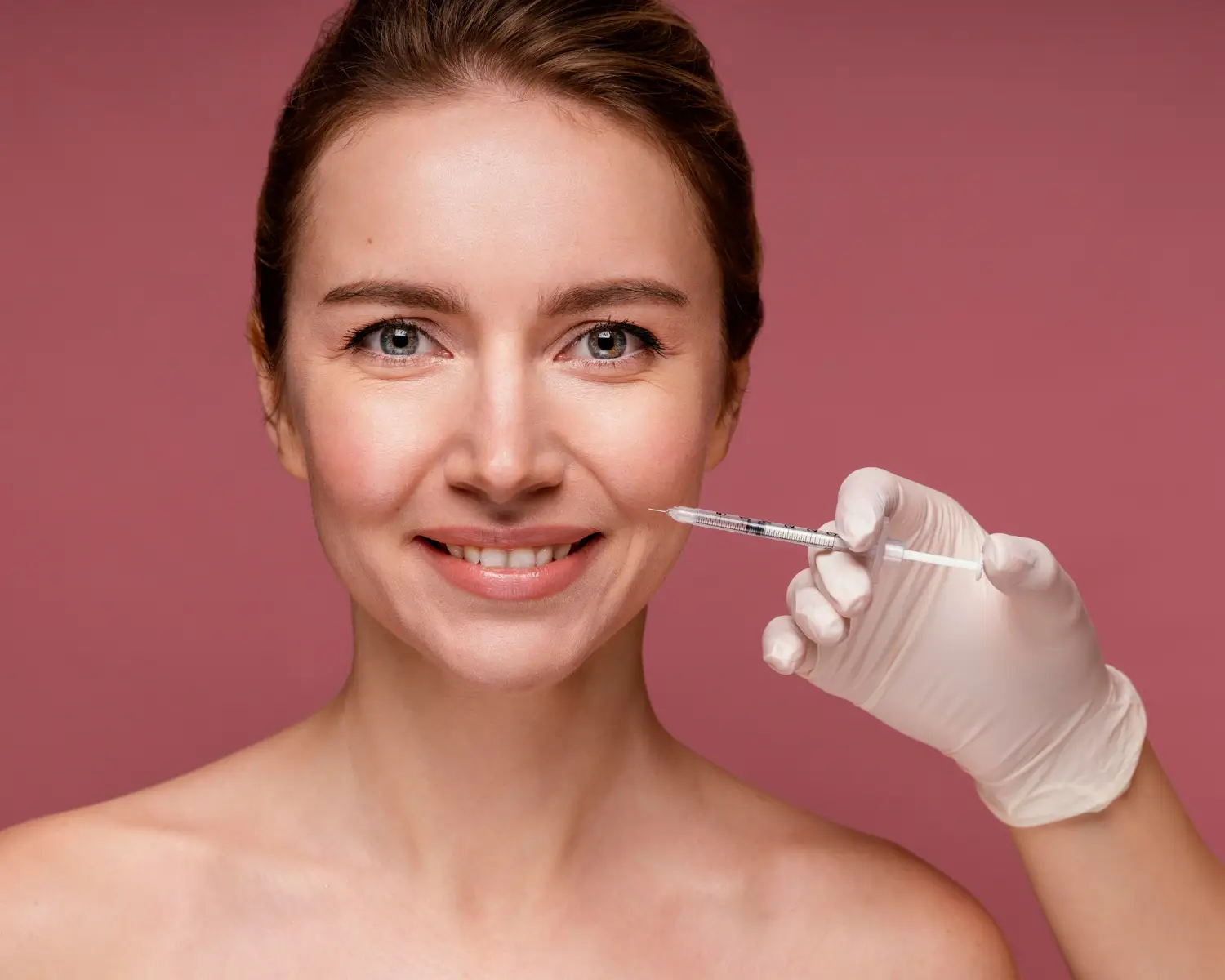
Fact: Botox has a side other than having wrinkles
eyebrowed. The application of this treatment shines with many more include
having less sweating, migraine headaches, muscle spasms and also in some
TMJ disorders. Somehow, Botox is able to keep the nerve signals temporarily
from contracting muscles which gives aesthetic as well as therapeutic
benefits. Botox treatments are safe when used by a certified dermatologist.
4. Myth: Only Oily Skin Types Get Acne
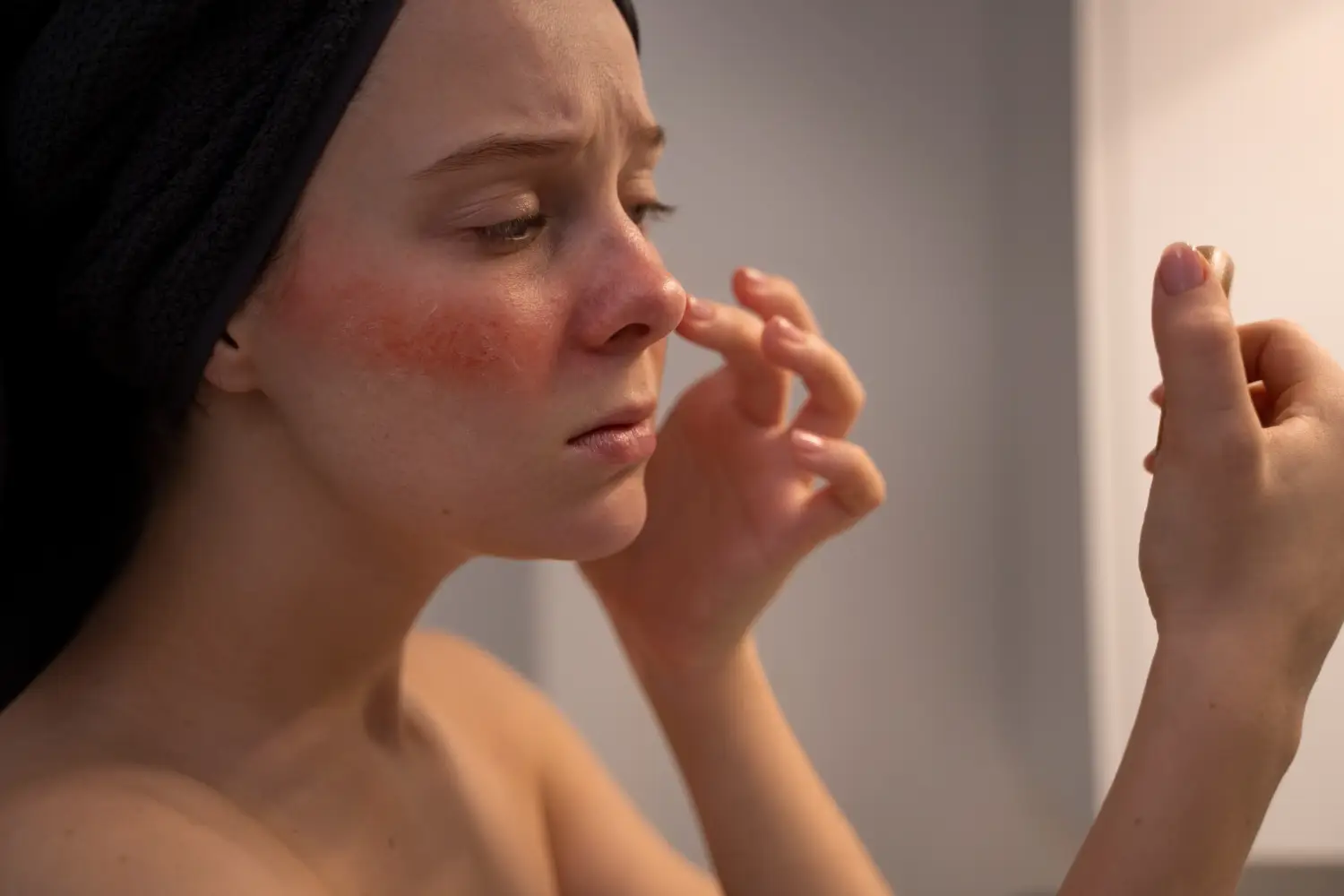
Fact: Oily skin is one of the factors involved in the
breakout of acne, but dry skin can also. Dry skin can irritate and cause the
production of excess oil, thereby clogging the pore and leading to acne. In
fact, combination skin (a mixture between dry and oily areas) is also prone to
acne. One must therefore always balance hydration and avoid intolerably harsh
products that strip the skin of its natural oils.
5. Myth: Natural Products Are Always Better for Your Skin
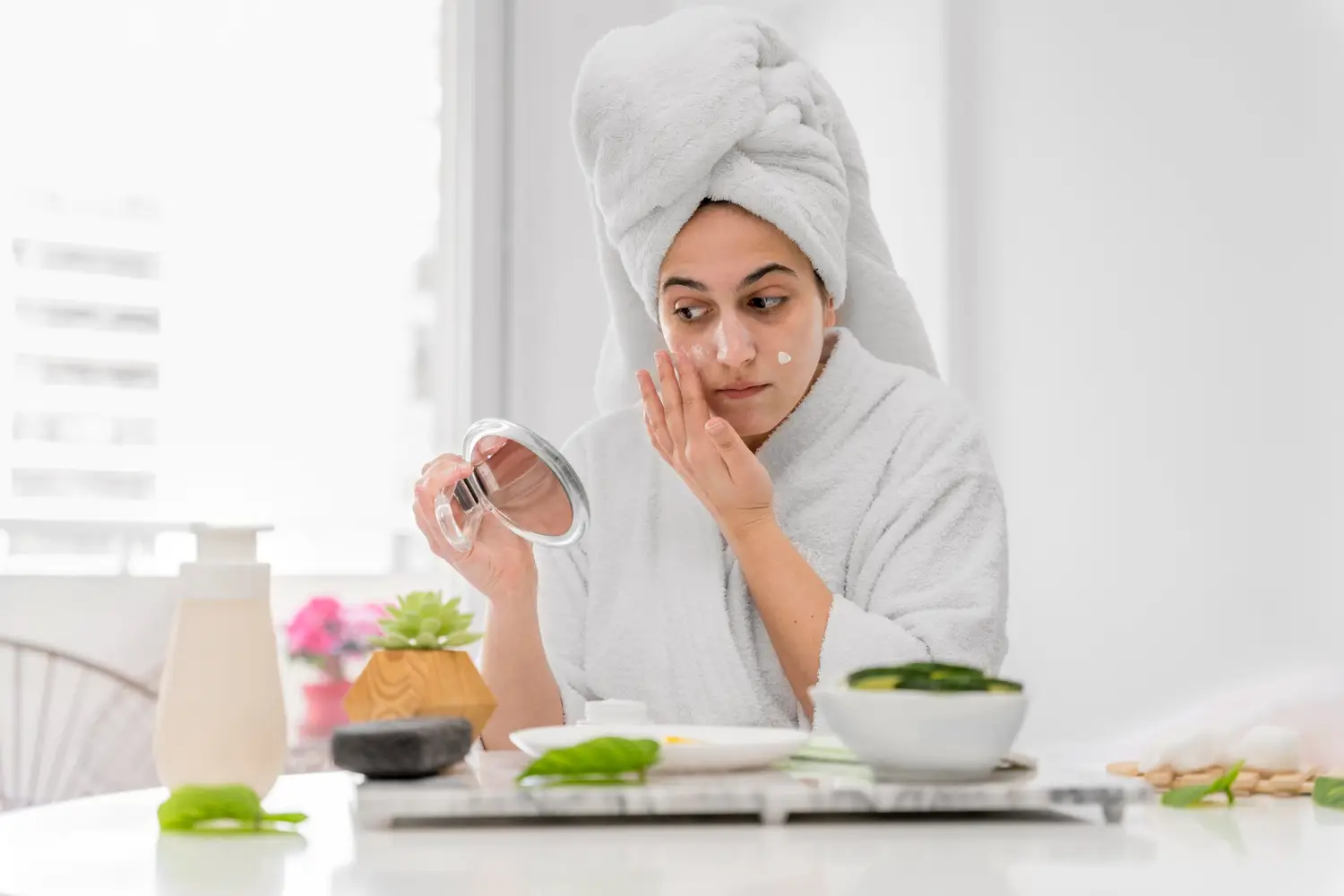
Fact: On one end, natural products can be quite effective; on
the flip side, however, they may also not be safe for all. Areas of concern
arise when allergic reactions or skin irritations occur with certain
ingredients from nature such as essential oils or plant extracts. In fact,
those products are rather scientifically formulated that doctors and skin
specialists usually recommend for their proven efficacy and safety, especially
those concerned with treating acne, eczema, and psoriasis.
6. Myth: Tanning Beds Are Safe for a Quick Tan
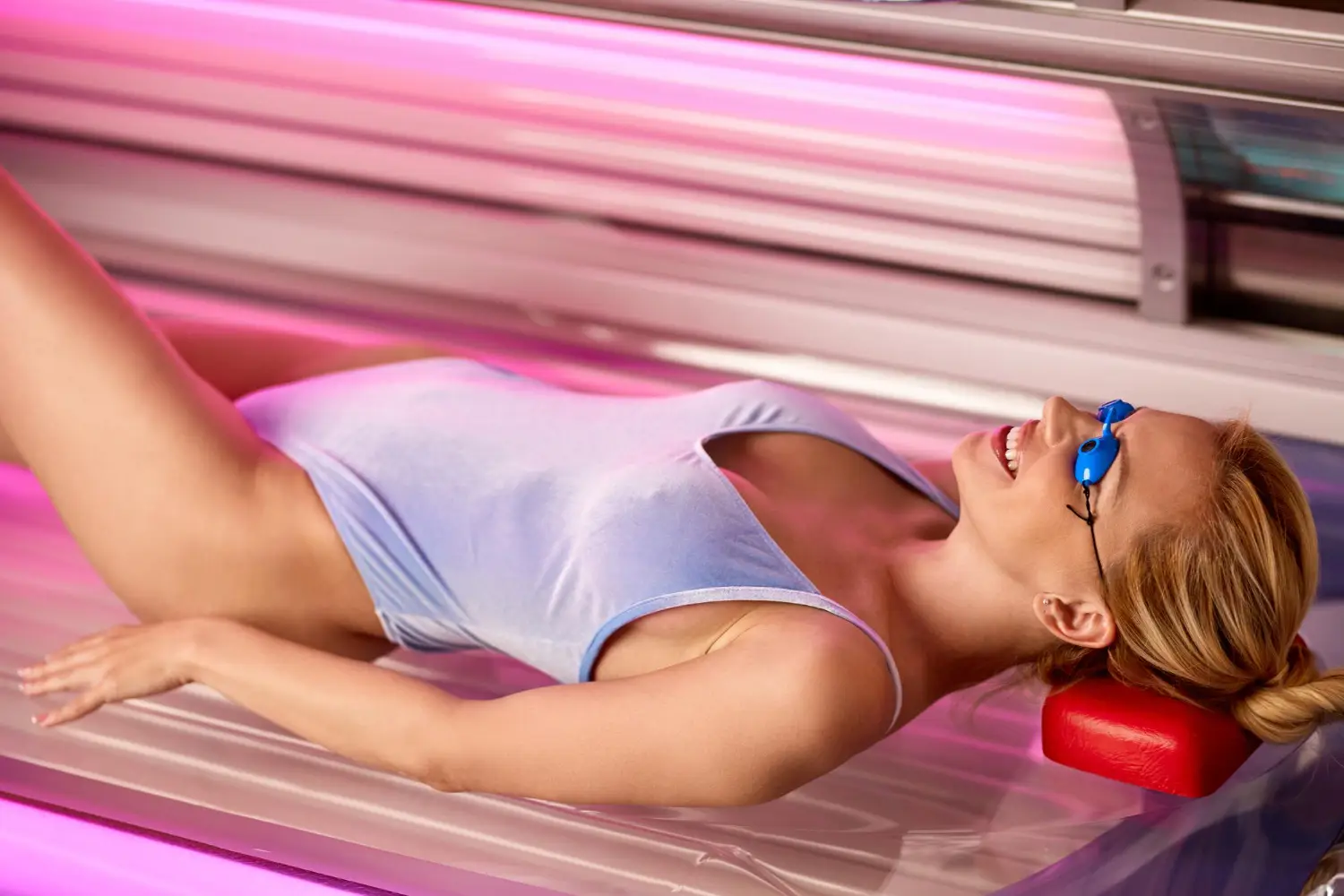
Fact: Tanning beds use UV radiation to somewhat darken the
skin, but that is largely just increasing skin insult and damage, therefore
causing premature aging and skin cancer. Tanning is never safe, be it from the
sun or a tanning bed. The advice issued forth by dermatologists is to consider
sunless tanning products and eschew the use of tanning beds altogether.
7. Myth: Darker Skin Does Not Get Skin Cancer
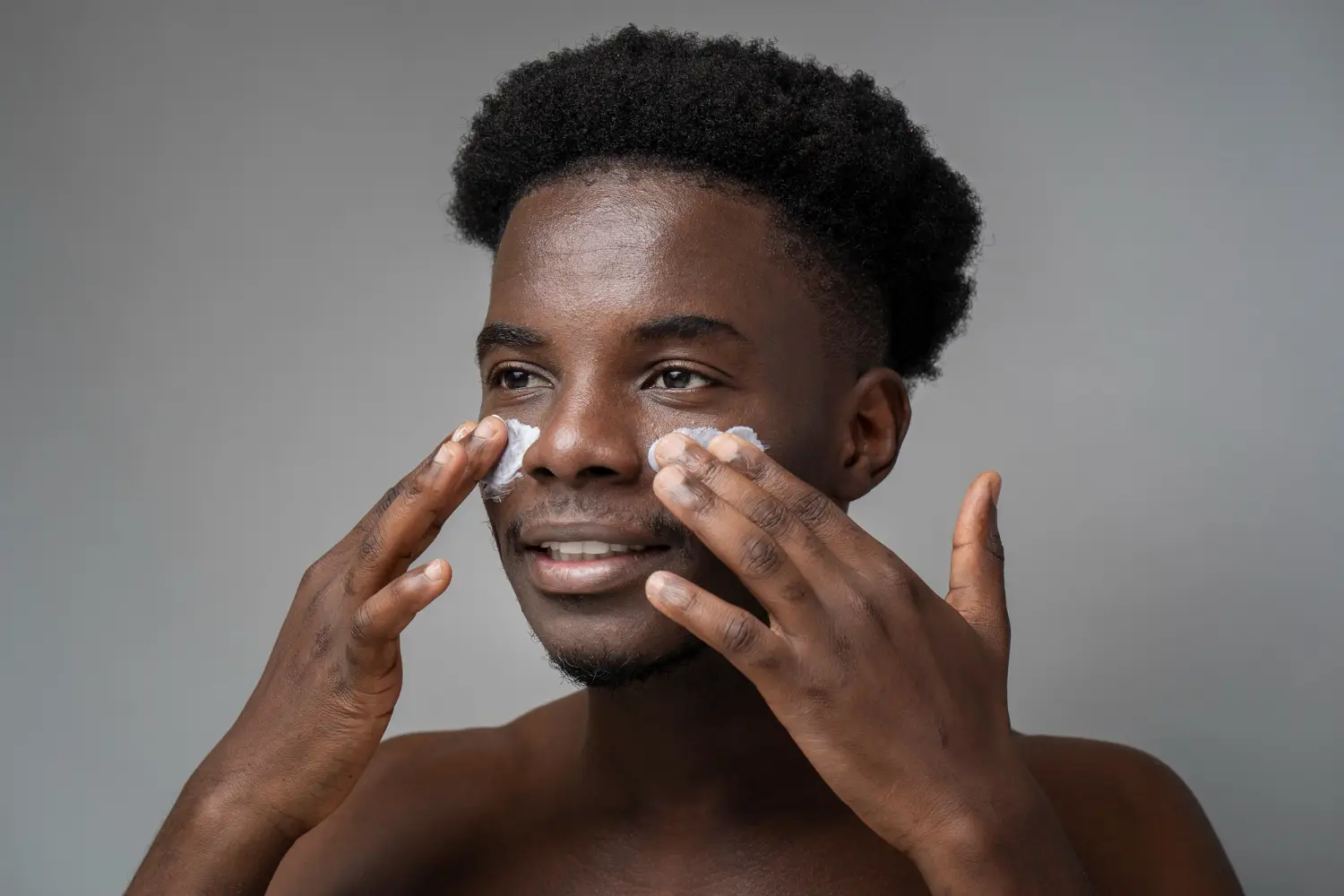
Fact: Those with skin tones darker than fair have a
lower risk of developing skin cancer, but they can get it nonetheless.
Melanin- pigment responsible for dark skin tones- protects skin only partially
against UV radiation and in no way lends immunity to the harmful effects of
the sun. Skin cancer can happen to people with all skin types and needs a
regular view-out for abnormal moles or growths.
8. Myth: If One Has Oily Skin He Can Do Without A Moisturizer
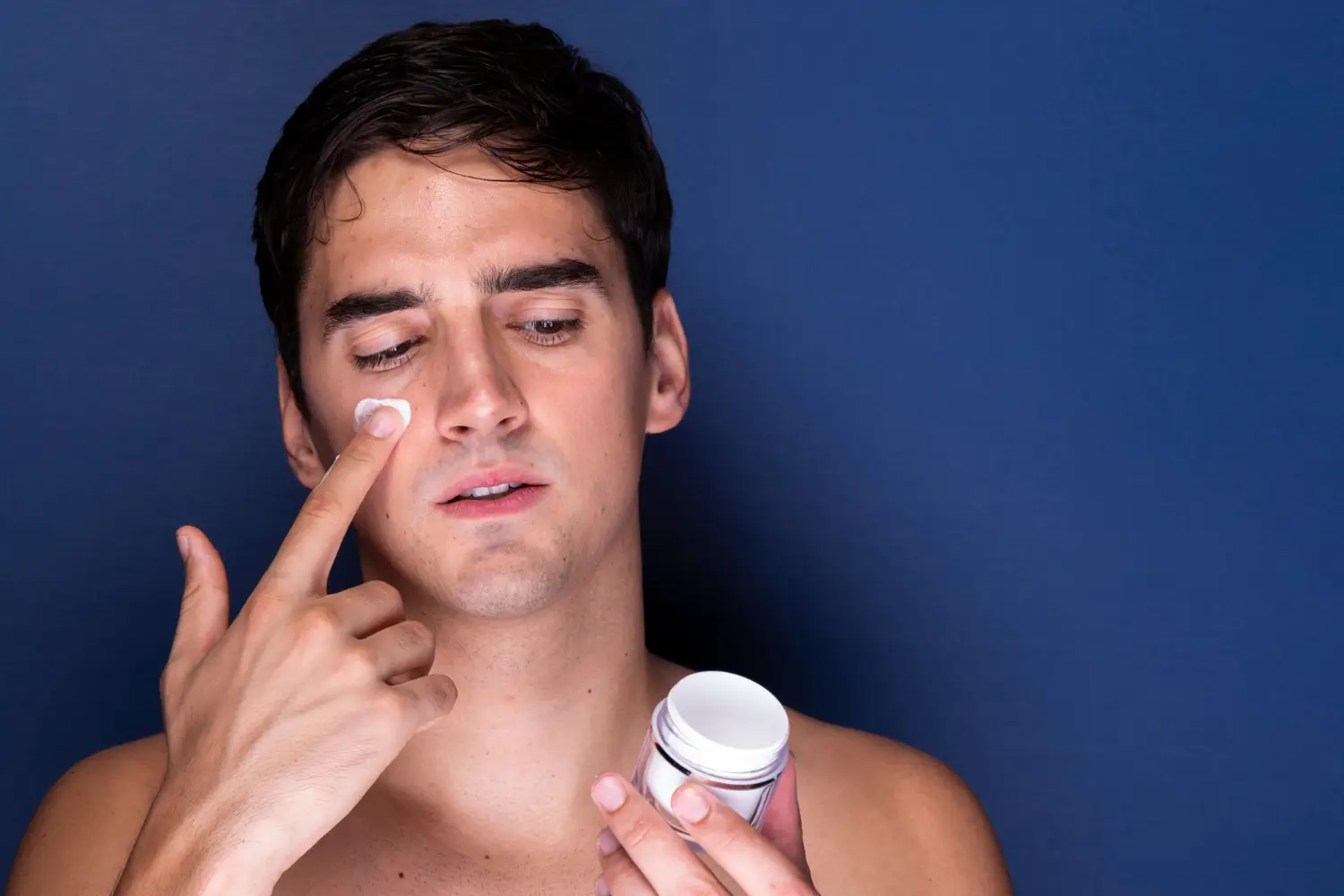
Fact: Even if you have oily skin, you should never skip a
moisturizer. If you skip applying it, your skin might start overproducing oil
in order to compensate, triggering breakouts and making it dehydrated. You
should opt for non-comedogenic moisturizers that hydrate your skin without
clogging your pores so as to keep the balance of skin wellness.
9. Myth: Anti-Aging Products Have To Be Used Until 50
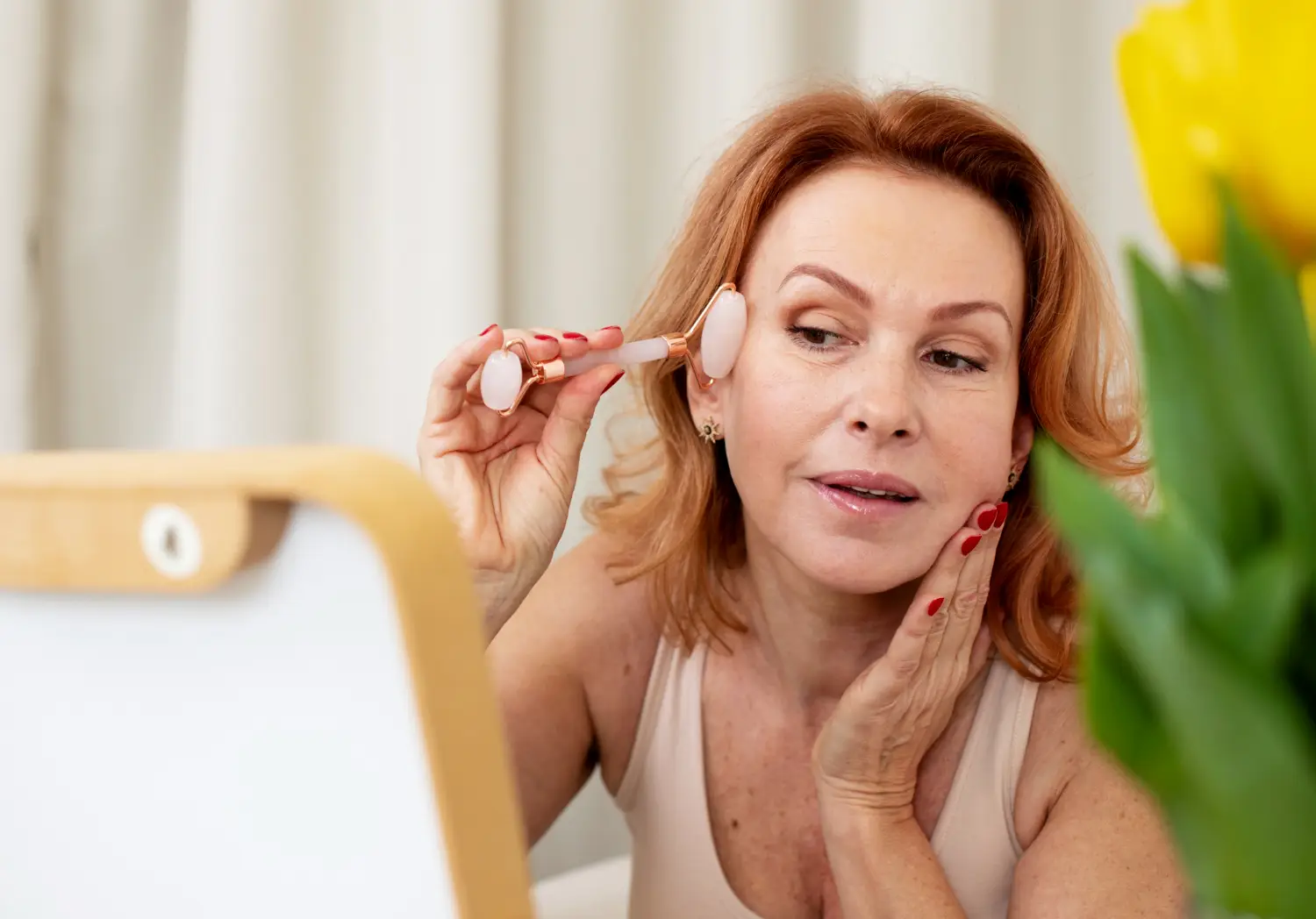
Fact: Anti-aging products should start in the 20s to 30s, as
being preventive is all that matters in slowing down aging signs. Gentle
exfoliating, sunscreen, moisturizing serums should help maintain elasticity
and prevent most of the wrinkles from coming along. The treatment and caring
series should start as early as possible so that the skin can be stretched to
remain young.
10. Myth: Exfoliating Every Day Offers Fresh Glow
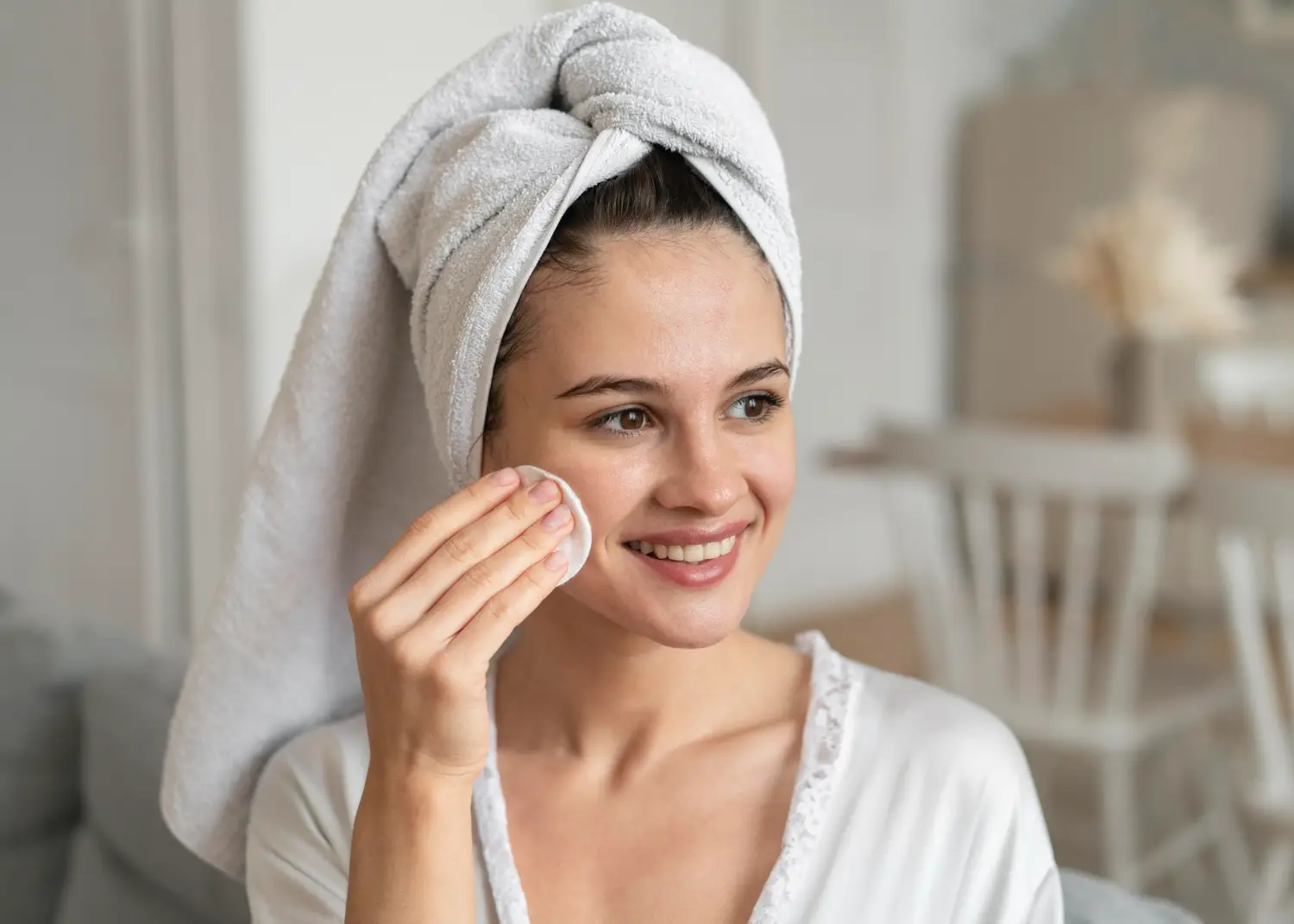
Fact: Due diligence in exfoliation will strip your natural
oils and create irritation that may lead to sensitivity, dryness, or
breakouts; the intention here is to create healthy glow within, not outside
interference to skin barrier. It is always good to exfoliate physically or
chemically, about once-or-twice per week-max, with frequency determined by
your skin type.
11. Myth: Acne in Adulthood is Never Happening

Fact: Adult acne is a reality, and it does seem to affect
many adult women. In your 30s and 40s breakouts may be triggered by hormonal
fluctuations, stress, diet, and skin-care products. A dermatologist should
provide help to properly control and treat your acne, no matter what your age.
12. Myth: Skin care products work instantly.
Fact: On rare occasions, certain products may give an instant
result, but mostly, time and regular usage are needed before any significant
modification is seen on one s skin. These products may include therapies for
acne or pigmentation, during which the effectiveness will depend on the
severity but would take weeks to give any appreciable results.
13. Myth:
Thicker is Back Hair, Hair Grows Back Thicker after Shaving.
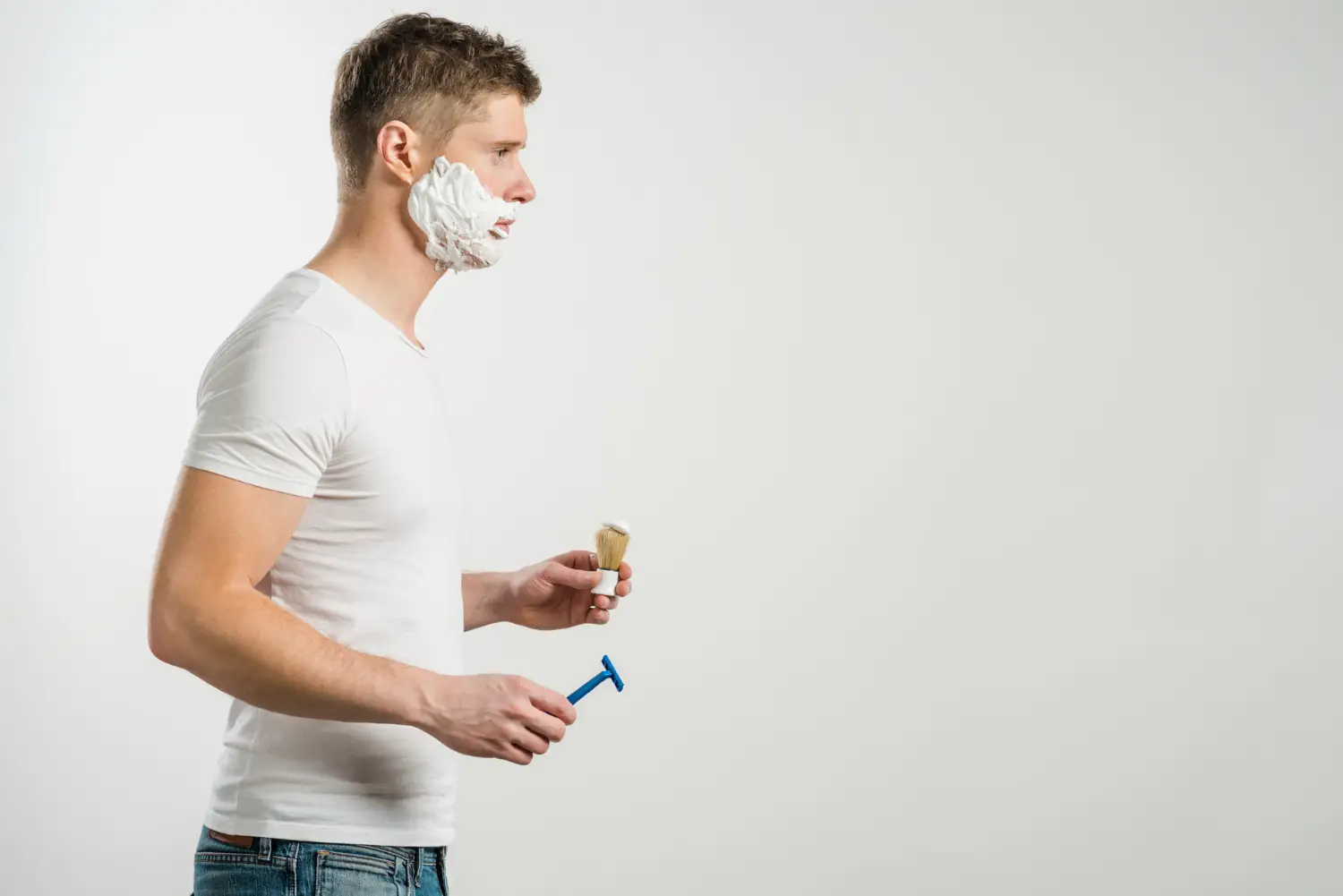
Simply put, shaving doesn t have anything to do with hair thickness or hair
growth-with nothing but the sharp edge of that hair feeling course as it grows
back. So, basically, shaving does not change the follicle or its previos
growth cycle.
14. Myth:If Some is Good, Then More is Better; More Skin Care Products Means
Better Results.

Fact: But smothering skin with products may lead to
irritation, inflammation, or breakouts. It is even more important to choose
the correct number of products that work synergistically with each other based
on a person s skin type. See your dermatologist for the best skincare regimen
for you.
15. Myth: If Skin Damage Is Not Visible, Then It Does Not Exist
Fact: Most skin damages take place deep in the skin, and
often there are no signs of such happenings right away. UV light can produce
skin damage that is cumulative and would later show itself as wrinkles, age
spots, or even skin cancer. Dermatologist regular check-ups are also the best
way to identify hidden skin damage early.
16. Myth: Toning Is Essential for Clear Skin
Fact: Not everyone requires toners; this also includes people
with sensitive skin. Most toners will include alcohol, which is likely to
strip your skin of natural oils. Most people find that toners help some
restore the pH balance, but toners are not the way to clear skin.
17. Myth: Vitamin C Is For Skin Brightening Only

Fact: Vitamin C is helpful in brightening skin and
eliminating pigmentation but provides antioxidant protection to the skin. When
combined with sunscreen, Vitamin C can help promote and aid collagen formation
in damaged skin and also help protect against the sun.
18. Myth: Skin Is Safe from Anything in Winter

Fact: Even more so in cold weather, skin can become dry and
irritated, whereas UV rays can do a number on the skin in winter.
Moisturizing, and applying sunscreen, is as important during winter as it is
during summer.
19. Myth: Popping Pimples Will Clear Acne Fast
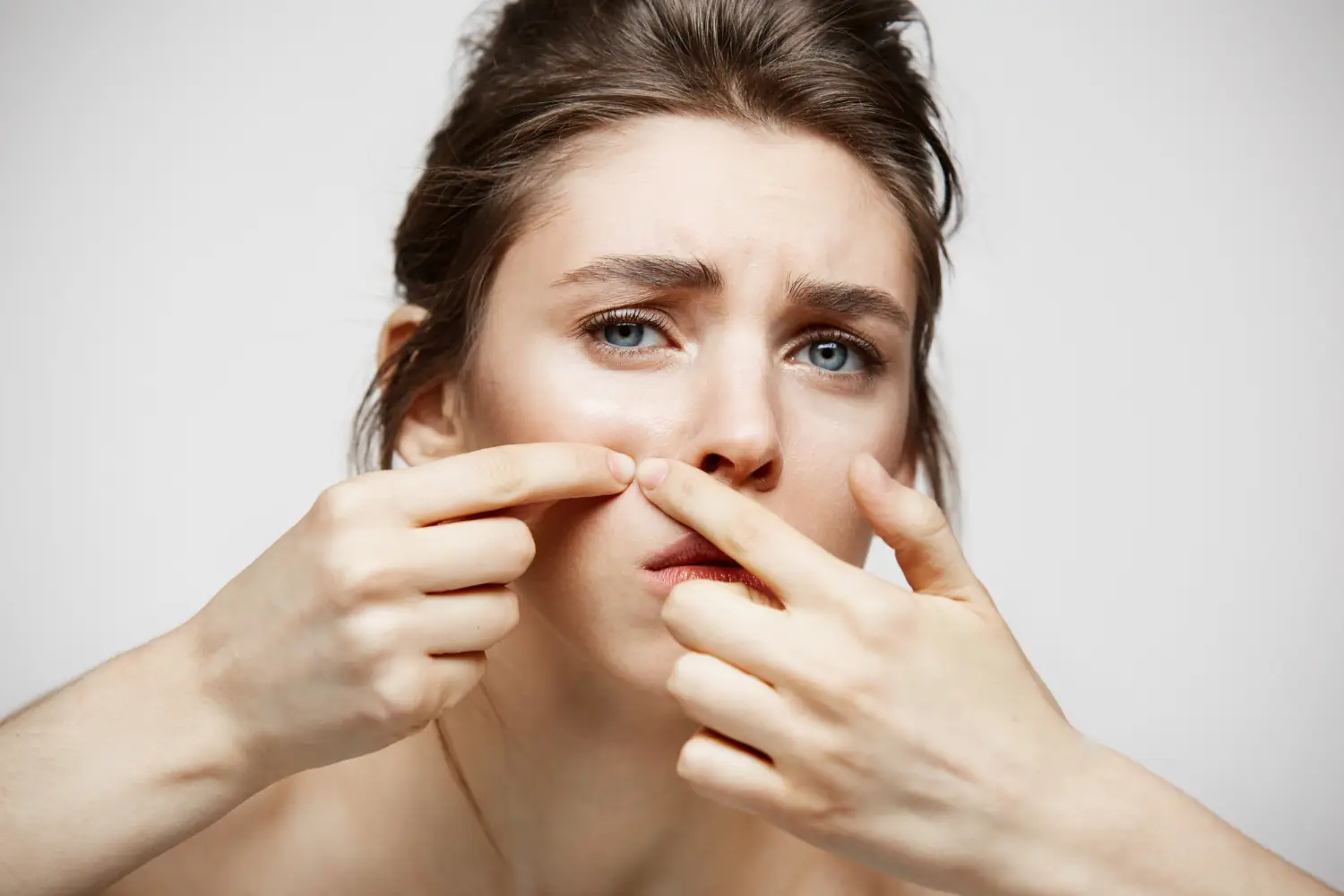
Fact: Popping improves the chance of pushing bacteria and oil
deeper down the skin, leading to inflammation and scarring. Instead, one must
try to avoid this and get proper treatment from a dermatologist.
20. Myth: Chemical Peels are Reserved for Serious Skin Problems
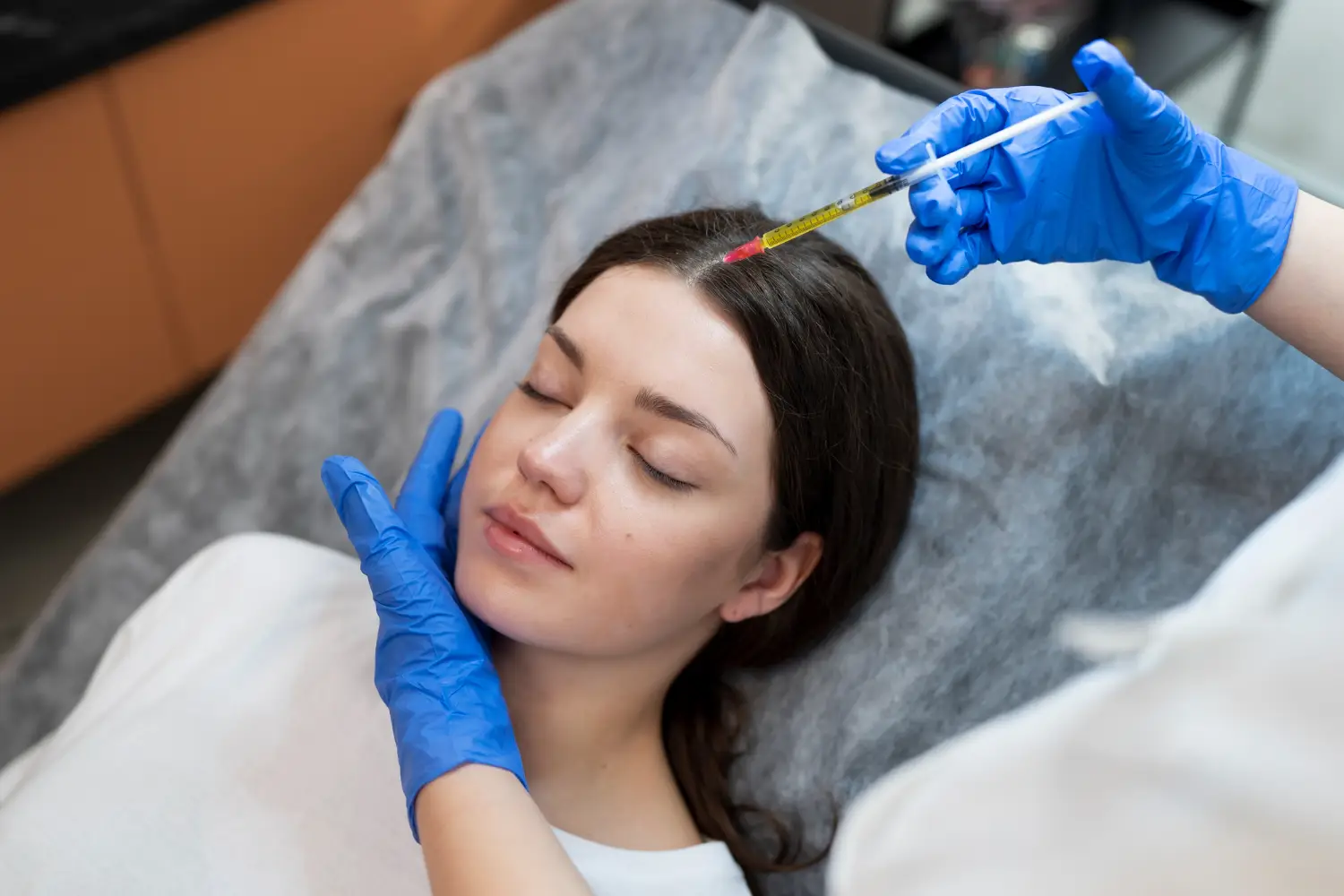
Fact: Chemical peels work on a wide array of skin problems.
These include everything from uneven tone to mild acne. They re not just for
serious conditions and do a lot of good for fairly normal patients who have
skin texture issues or minor discoloration.